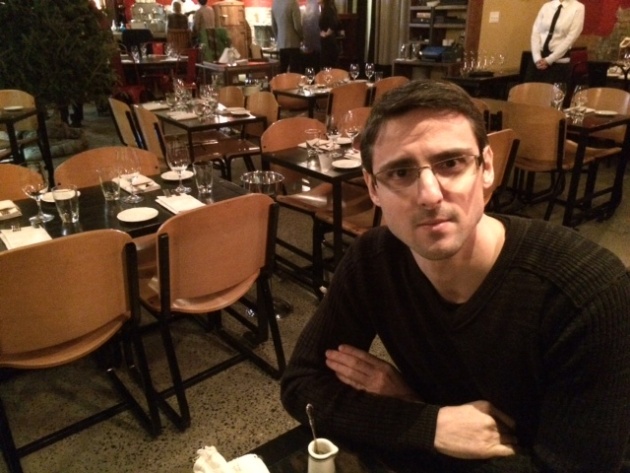
Welcome back to my 3-chapter nutritional advice! Here are more tips on how to improve our eating habits. :-)
Just because we are eating a low-fat or fat-free food, it doesn’t mean that’s a healthier choice for us. Food manufacturing companies know well that when they take fat away from a certain food, it will likely taste like cardboard; so they add sugar to make it palatable. This has been going on for decades. I used to choose frozen yogurt over ice cream. I stopped. Although ice cream has much more saturated fat, it contains less sugar than frozen yogurt, and since I can easily monitor how much saturated fat I eat during the day, I prefer to have something with LESS SUGAR (which I find in almost every food). Sugar seems to be much more harmful than we previously thought, especially when it comes to heart disease.
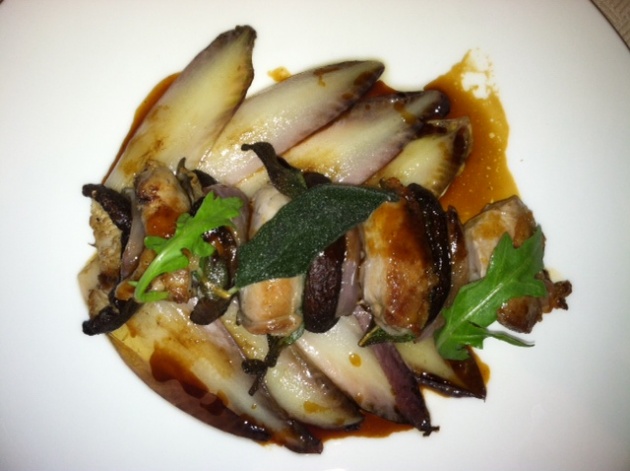
Watch out for the 4 ENEMIES OF NUTRITION: Trans Fats, Saturated Fats, Sugar, and Sodium. The more we limit their consumption, the healthier our nutrition will be. Trans Fats are the only enemy we should totally eliminate from our diet, as even a small amount has been proven to cause harm to our cardiovascular system.
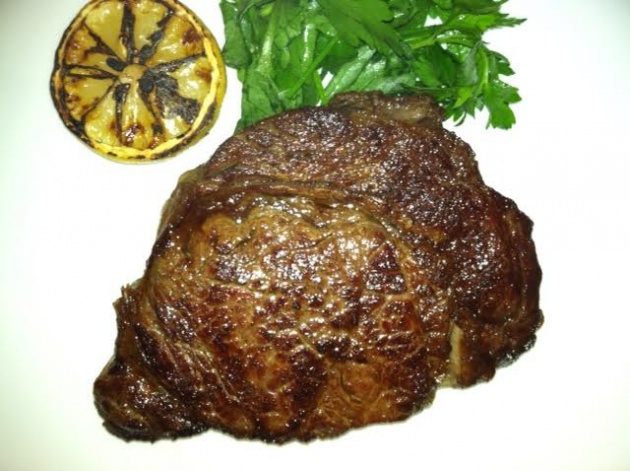
If trans fats and saturated fats are the enemies, UNSATURATED FATS not only are our friends, but they will also save our lives. Most unsaturated fats come from the plant world (including nuts, vegetable and olive oil) and fish, and are not only ok to eat: they’re necessary. Obviously, binging on avocados isn’t the right thing to do, but eating unsaturated fats in moderation is essential to our health. Among the many properties of unsaturated fats, they help reduce bad cholesterol, lower our risk of heart disease and stroke, maintain the integrity of our body cells, and allow the fat-soluble vitamins to function.
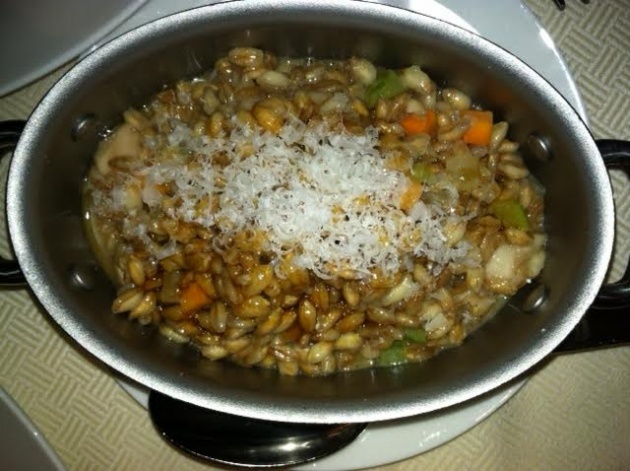
It’s obvious, but I still want to include this tip, because many people underestimate it. READING FOOD LABELS is paramount. How are we supposed to improve our nutrition is we don’t even check what we are consuming? What to look for: total calories, amount of saturated fat (the less, the better), presence of trans fat (there shouldn’t be any), amount of sodium (the less, the better), amount of protein (the more, the better), amount of sugar (the less, the better), presence of high fructose corn syrup (there shouldn’t be any).
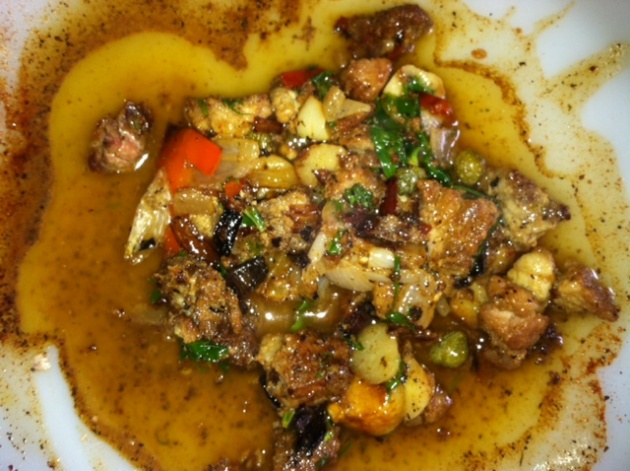
I’m a strong advocate of WHOLE FOODS. If the list of ingredients on the package of the food we are just about going to eat is longer than our monthly horoscope, chance are that we are consuming stuff we don’t need. The ingredients in our foods should be very few, and easy to recognize. If most of what it’s written on the label can’t even be pronounced, we know we are consuming more chemicals that we should. Let’s go back to the basics, and throw those energy bars and packaged foods out of the window. Let’s eat real foods. Sure, this requires more planning and longer grocery bills, but we’re worth it.
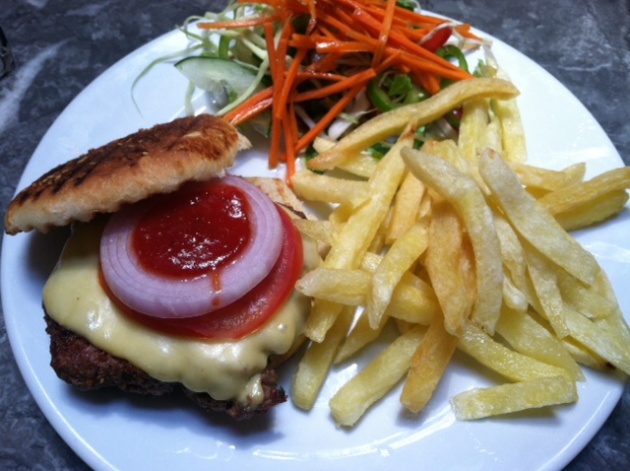
VEGETABLES should be the bulk of our diet. They have very few calories, provide essential fiber to our digestive system, have a ton of nutrients (including minerals, vitamins and antioxidants), and are very filling. Every time I go through somebody’s nutrition journal, it’s always the same story: not enough vegetables. If this is the case, planning is key. If our lunch options lack vegetables, we should pack some with us to eat during lunch, and snack on our breaks. PLANNING AHEAD is important also because we can control quality and quantity of what we eat. It does take time, but it’s worth it. And it will save us some money… which we can use on our next trip.
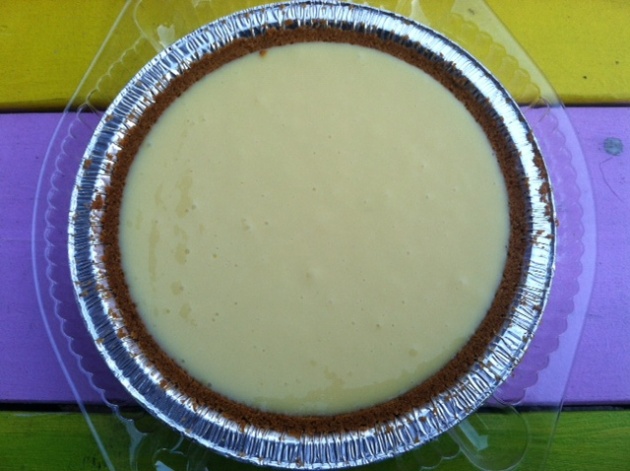
If we want to improve the quality (and decrease the quantity) of our food, the more we EAT – AND PREPARE – OUR MEALS AT HOME, the better the results. Unless we are ordering in, at home we have full control over what we eat, how we prepare it and how much we take in. Also, we won’t feel like we have to finish a meal, just because we paid for it. When we order something from a menu, we think we know what we are eating, but chances are that we don’t. And people who eat out tend to overeat. If cooking isn’t really our thing, there are plenty of books out there we can grab.

* * * * * * * * * * * * * * * * * * * * * * * * *
If you want to write blogs but are not registered with Film Annex yet, REGISTER HERE and start your journey. You will be joining a family of writers coming from all over the world eager to read your stories. Writing on Film Annex is very easy: just click HEREand start your journey. As soon as you register, SUBSCRIBE to my page on Film Annex: you will be earning money in no time! :-)
If you are already writing on Film Annex, tell your friends to REGISTER HERE, andsuggest that they should read this article: it will show them exactly what they need to do to write good blogs and be successful on Film Annex.
Would you like to know me more? Watch MY INTERVIEW WITH FILM ANNEX, and learn my opinion about SOCIAL MEDIA and DIGITAL LITERACY around the world.
Giacomo Cresti
Senior Editor Annex Press
Film Annex
If you have missed any of my previous articles, you can find them on my personal page:http://www.filmannex.com/Giacomo
Please follow me on Twitter @giacomocresti76, connect on Facebook at Giacomo Cresti and subscribe to my page. :-)



